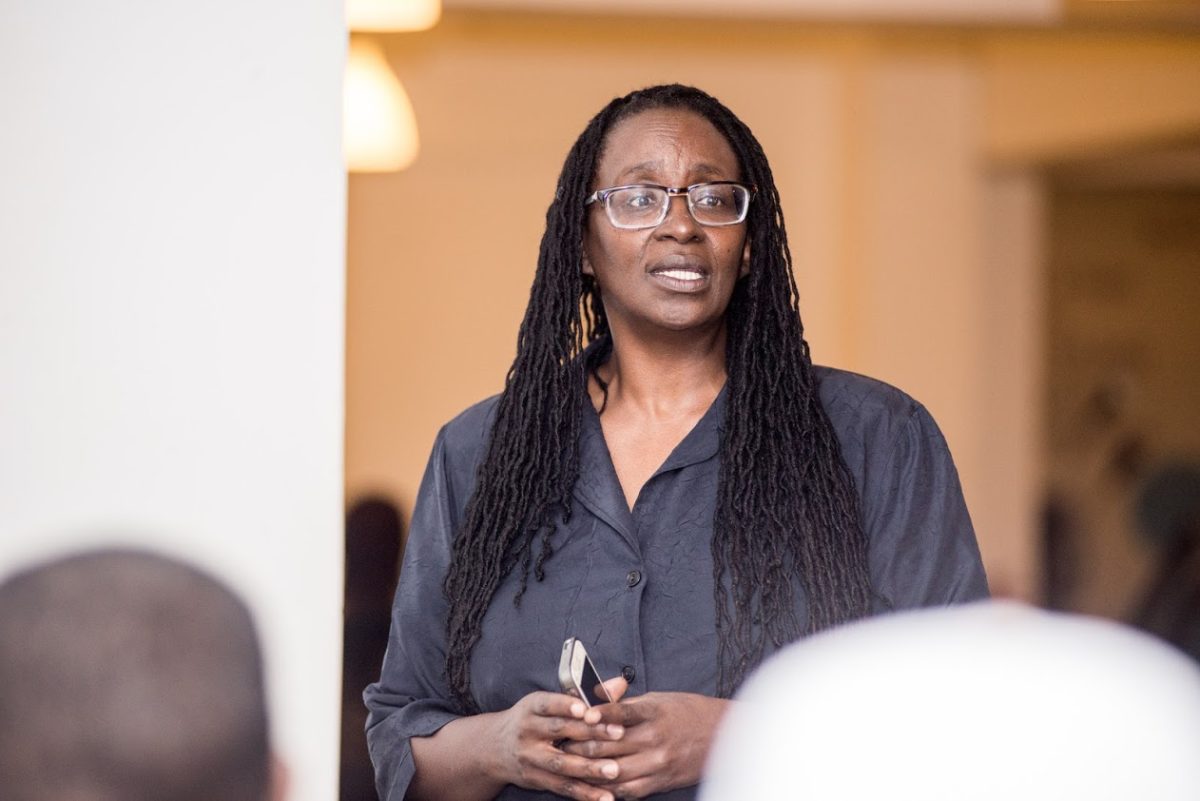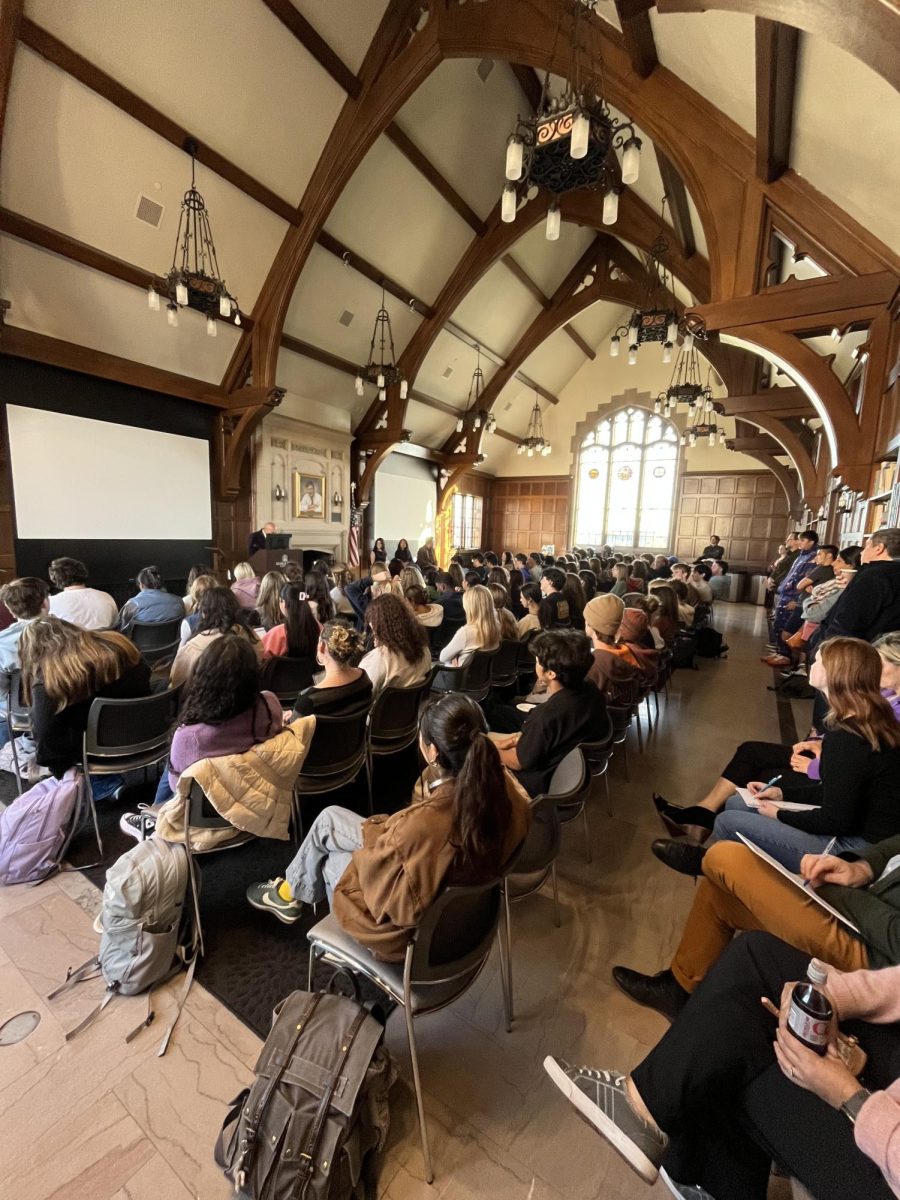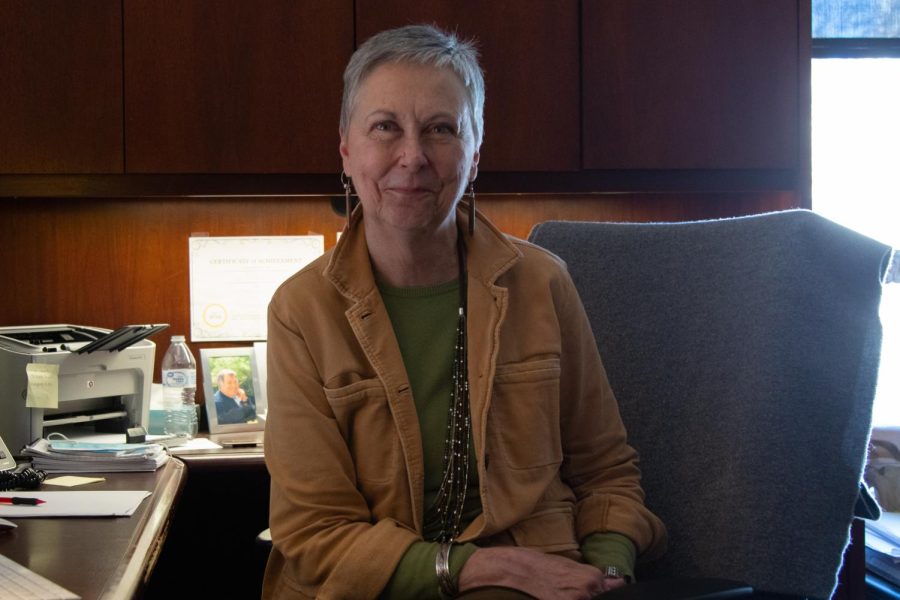 Back in 2009, I wrote an essay for the College of Communication’s essay competition scholarship. I wrote about several things – movies came up at some point, of course – but the main point I wanted to get across was that the future of journalism and communications as a whole was changing rapidly and in exciting ways.
Back in 2009, I wrote an essay for the College of Communication’s essay competition scholarship. I wrote about several things – movies came up at some point, of course – but the main point I wanted to get across was that the future of journalism and communications as a whole was changing rapidly and in exciting ways.
The essay was chosen as one of the few winning entries. It was an honor and a thrill, and thanks to the resulting scholarship, my family was able to afford sending me to Marquette.
The following four years would be some of the most memorable and enriching of my young life, and they have set the stage for many more to come. I thank my fellow students, the College of Communication and the entire Marquette community deeply for that.
That said, I have now seen the future that I wrote so glowingly about many years ago. I’m afraid it’s lost much of its luster.
The fields of journalism and communication have moved with reckless abandon toward the world of Twitter and social media, of fast content with minimal depth and instant, poorly thought reaction. A world where the tool gets more emphasis than the message, and where a retweet can be a more commendable goal than an award-winning, impact-making piece of writing.
Look at the CNN/New York Post/Twitter debacle of the past few weeks if you need a refresher on the dangers of this mindset. I was disheartened to hear that some Marquette journalism classes chose not to use the (often false) reporting on the Boston Marathon bombings as an obvious lesson about being instant at the cost of being inaccurate.
The role models of journalism used to be Bob Woodward and Carl Bernstein. Now they are Buzzfeed and a Twitter feed. The current world of journalism urges its youth to brand themselves before they have anything to brand. The new emphasis is turning young journalists into door-to-door salespeople, delivering strong pitches but weak products.
Even those who made a name for themselves on Twitter, like Adam Schefter, note that social media is merely a tool. Classes focusing on how to use Twitter today are like classes in the ’60s focusing on how to use a pen.
At a meeting with journalism faculty in November, the editorial board of The Marquette Tribune expressed concerns about Marquette’s journalism curriculum. Many of the faculty present at that meeting responded by saying we could learn these things – many of them basic, essential skills – at internships.
My first question would be for parents: How do they feel about paying for an education that the curriculum seems eager to pass off onto internships? My follow-up question would be this: What will the college do when companies looking for interns tire of training students from Marquette, and the number of internships available shrinks?
I’m not writing this final column to burn bridges. I’ve had several wonderful teachers and advisors, such as Prof. Pamela Nettleton and Prof. Erik Ugland, who helped craft my writing and skills to a level that led me to doing what I love at OnMilwaukee.com and hopefully making a full-time job out of it. This may surprise some, but I also have a Twitter handle, though I put far more thought and effort into my articles and published content than my tweets.
I’ve learned a lot in my time at Marquette – much of it here on these very Marquee pages, which makes it all the harder for me to see this very section get drastically cut next year.
The Marquee section, currently at five total writers, including one editor and one assistant editor, will be chopped down to two members next year as a part of the Student Media Board’s restructuring. There will one editor and one writer.
I learned last week via email that the section I gave two and a half years of my college life to – the section that, in return, helped me develop my writing and journalistic skills better than perhaps anything else – would be gutted. The decisions were made without consulting me, the current editor of the Marquee section, much less any former Marquee editors, about how the section works or what it does. The decisions were also made without any type of readership survey to determine how many people on campus read and find value in this section.
It’s sad to see the Marquee section, something that gave such support and foundational skills to so many young writers and journalists, receive so little support in return.
It certainly is a time of transition for the College of Communication, as well as for the entire world of journalism and media. The university is going through the same growing pains that the entire industry is going through. It’d be naïve and simple-minded to think it would be a clean and problem-free transition.
At the same time, I can’t ignore the dangerous direction the college and the Student Media Board are heading toward, and I’m concerned by a college that hears the cries of dissatisfaction and caution – from its own students, alumni and even from those in the industry – yet continually marches toward the fire.
I don’t fear for the students. I know the college has a ridiculous number of talented writers, videographers, reporters and editors eager to be taught well and thoroughly. I know that even if the college continues heading in its dangerous path downward, the young creative minds here at Marquette will refuse to head anywhere but up. And though I am confused by the impending student media restructuring, I have no worries everyone new and returning will continue our reputation of high-quality, award-winning and thought-provoking content.
I have no doubt that they can be the difference Marquette asks for and seeks out. I only hope the college eventually follows its students’ lead.













